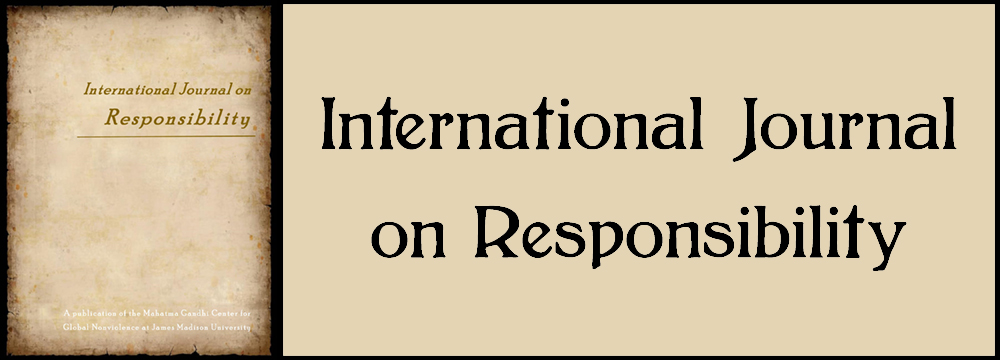
Abstract
Medical model perspectives have consistently influenced United Nations policies regarding disability, particularly in terms of refugees with disabilities. Refugees with disabilities are classified in the same category as refugees with medical needs, giving them an unequal chance of being resettled into a third country. Although the United Nations has moved away from medical model rhetoric in the past 15 years, this has not yet proven to have translated into resettlement policy for refugees with disabilities. This paper analyzes how the United Nations has shifted from a medical model of disability to a social model in various declarations, resolutions, and policies, and the impact this has had on refugees with disabilities. However, it is impossible to know the full extent of this impact, given a significant gap in research on the topic of this specific population.
Recommended Citation
Hoagland, Isabelle E.
(2019)
"How the Medical Model has Influenced United Nations Policies on Refugees with Disabilities,"
International Journal on Responsibility: Vol. 3:
Iss.
1, Article 3.
DOI: https://doi.org/10.62365/2576-0955.1027
Available at:
https://commons.lib.jmu.edu/ijr/vol3/iss1/3
DOI
10.62365/2576-0955.1027
Creative Commons License

This work is licensed under a Creative Commons Attribution-NonCommercial-No Derivative Works 4.0 International License.


